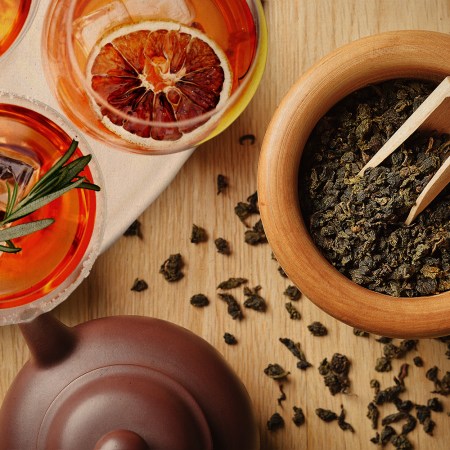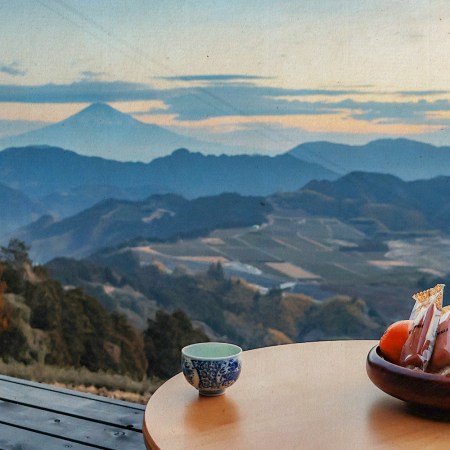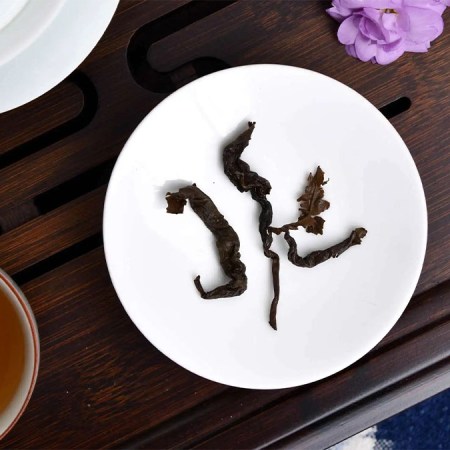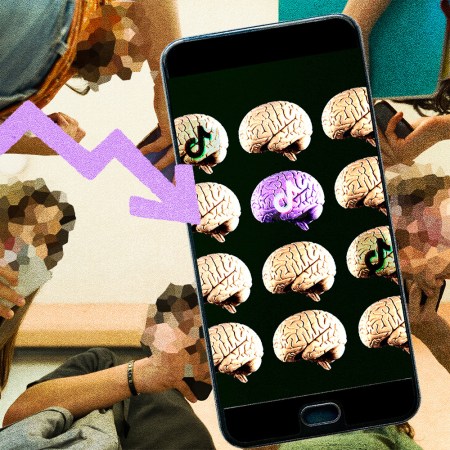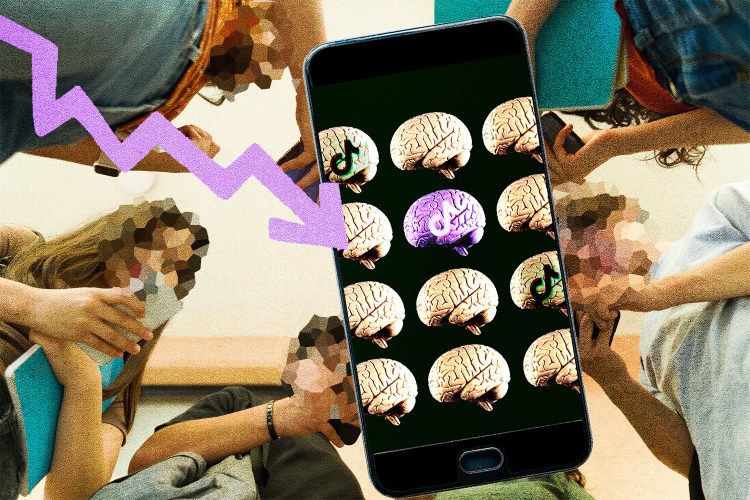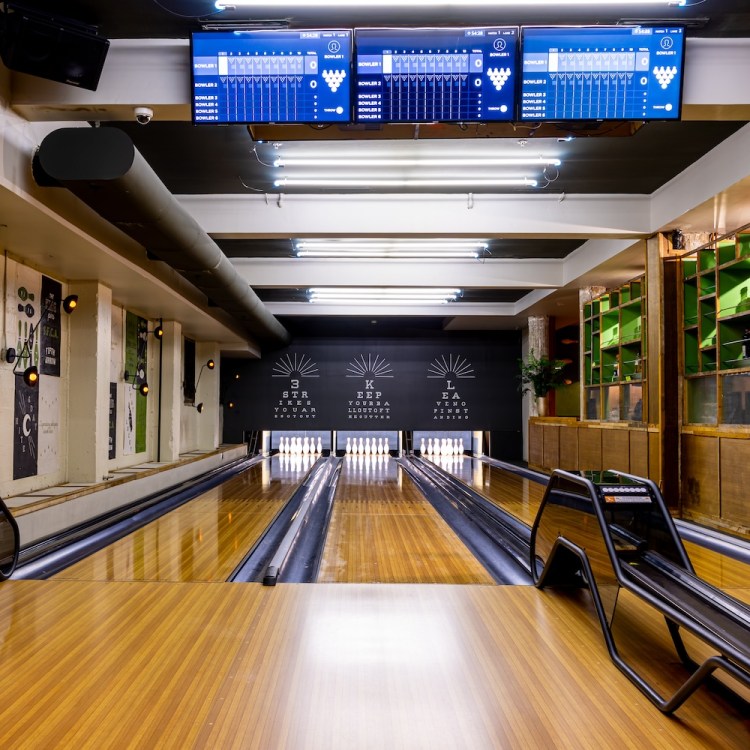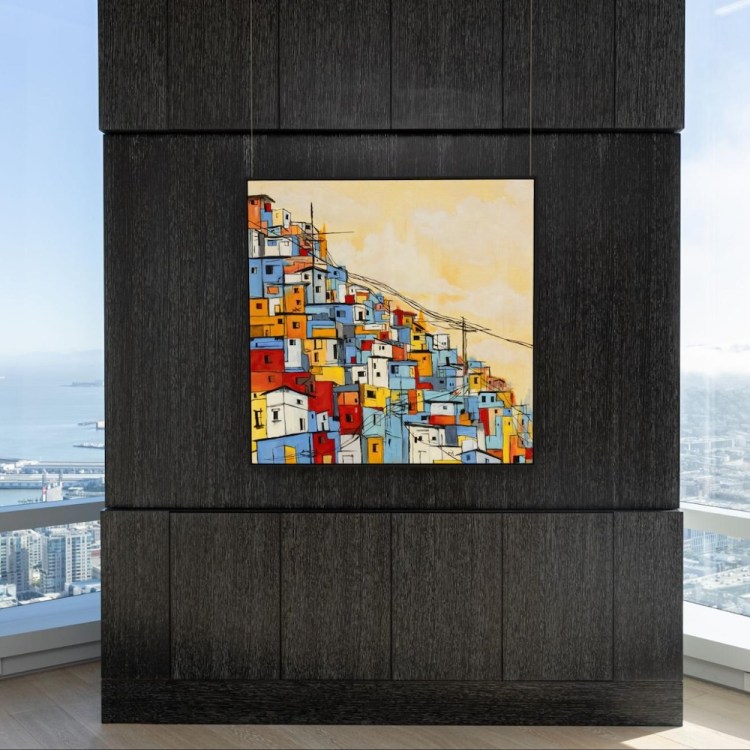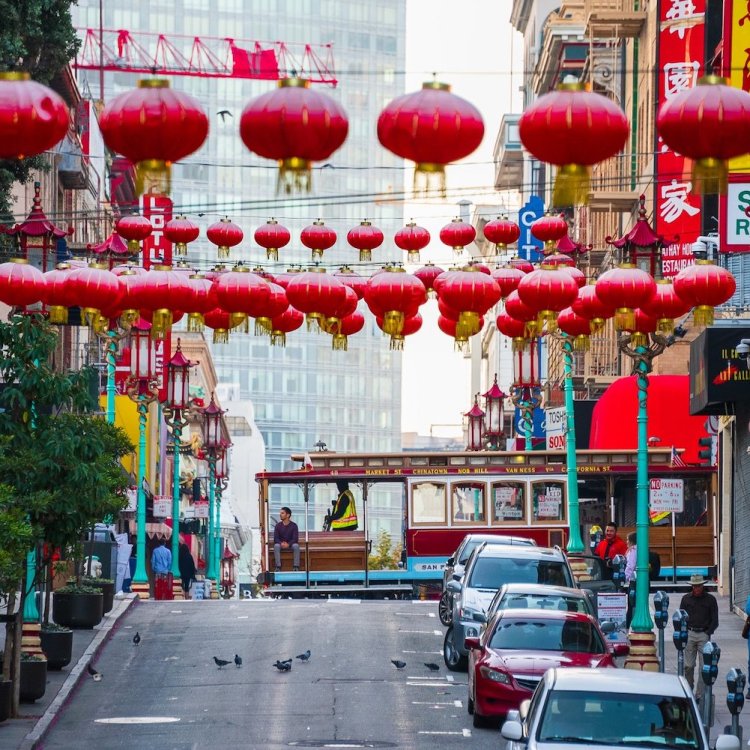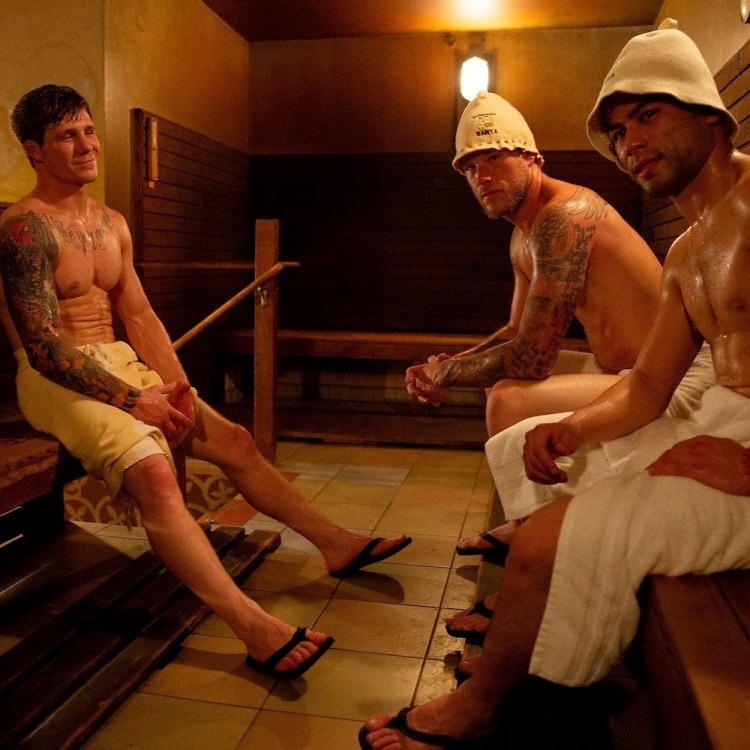Wine, pot, coffee, Red Bull, nootropics:All ways to shift focus, control mood and heighten (or dramatically lower) mental acuity.
Something else to add to that list: tea.
But can tea really make you smarter? Science says yes. (Or, more specifically, science says “green tea extract enhances parieto-frontal connectivity during working memory processing.”)
Also, more relaxed, more focused or more energized, depending on your needs.
We asked a local expert about the best brew for each.
After an accomplished career in finance, Donna Tokugawa pivoted, and has since devoted her professional life to importing, studying and sharing tea at her Sonoma County café and boutique, The Taste of Tea.
It’s more complicated — and potentially useful — than you might think.
Let’s talk specifically about tea and mental acuity. If I have to get to work on a big project, why should I choose coffee over tea?
On a physical level, tea and coffee both contain caffeine — but only tea contains the magical amino acid known as L-Theanine. One of the ways L-Theanine works in the body is by reducing the speed in which caffeine is absorbed into the bloodstream, resulting in a sustained lift, compared to the jolt and crash you get with coffee.
For example, an average cup of coffee contains 80mg of caffeine and is absorbed in five minutes, compared to 40mg in tea absorbed over four hours. All real tea contains both caffeine and the blood/brain-barrier-crossing L-Theanine. Black teas typically contain more caffeine compared to green, and with matcha, the powdered green tea, you ingest the entire leaf, so it contains the most. Caffeine and L-Theanine work synergistically, often improving mood, vigilance, reaction time and memory — so if your project requires clear focus and some sustained energy, tea will always serve you better.
On the other hand, if you need a quick, hard kick to get moving, coffee would be the go-to.
Are any specific teas better suited to this? You mentioned one I can’t remember the name of…
There is one Japanese green tea called Kyoto Karigane that was developed specifically to help with memory and focus. (For more information, Donna recommends this story.)
The growing method of shading stresses the plant and forces it to pull more from the soil, resulting in a higher concretion of L-Theanine. Because of the high levels of L-Theanine (found in the stems), this Japanese green tea has a much sweeter taste compared to others, such as Sencha. It isn’t very commonly found in the U.S.; we import it directly from the grower/producer located in Uji, in Kyoto, Japan.
I would assume a tea for relaxation would be a completely different type. True? Do you have specific nighttime teas for winding down?
Some people are very sensitive to caffeine and don’t tolerate any when they’re trying to relax. For this type of person, herbal tisanes, which are often called “teas” (but aren’t), work well. (chamomile is one). However, there are true teas that have high levels of another amino acid known as GABA (short for gamma-aminobutyric amino acid), the most abundant inhibitory neurotransmitter in the brain.
The power of GABA is in inhibiting the firing of neurons in the brain, resulting in messages going to the brain, heart, lungs and other vital organs to “slow down.” GABA also stimulates the anterior pituitary, leading to higher levels of human growth hormone, or HGH, which contributes to increased muscle growth and reduces the creation of fat cells. Adults over the age of 40 begin to experience depletion of HGH, which may contribute to fragility and sleep disturbances.
Together, L-Theanine and GABA work synergistically, resulting in anti-anxiety effects, increased levels of dopamine and the production of alpha waves.
Green teas produced to contain GABA are milder compared to oolong style, and may be more appropriate when you need to relax but still need to be productive. Japanese green GABA tea is also known as Stay Calm. Oolong-style teas contain more GABA and are often the perfect choice when you are ready to totally relax and sleep peacefully
What does a perfect day of tea drinking look like for you? Morning, afternoon, evening?
My morning begins with a black tea. Sometimes that will be a stronger pure tea such as a Chinese Golden Monkey, or if I feel like something a little milder, a Black Vanilla blend. I adore Taiwanese oolongs and rarely does a day go by without me enjoying a milky oolong — there’s actually no milk, just a smooth, almost buttery mouthfeel. By 2:00 in the afternoon, I need a pick-me-up and my go-to: an iced matcha made using Gemwater and a sprig of mint. This will carry me until sunset and wine, and then I enjoy an herbal after-dinner such as Blissful Blessings. I love the taste of GABA oolong — but I only drink it if I am ready to sleep, because it really knocks me out.
Every Thursday, our resident experts see to it that you’re up to date on the latest from the world of drinks. Trend reports, bottle reviews, cocktail recipes and more. Sign up for THE SPILL now.

